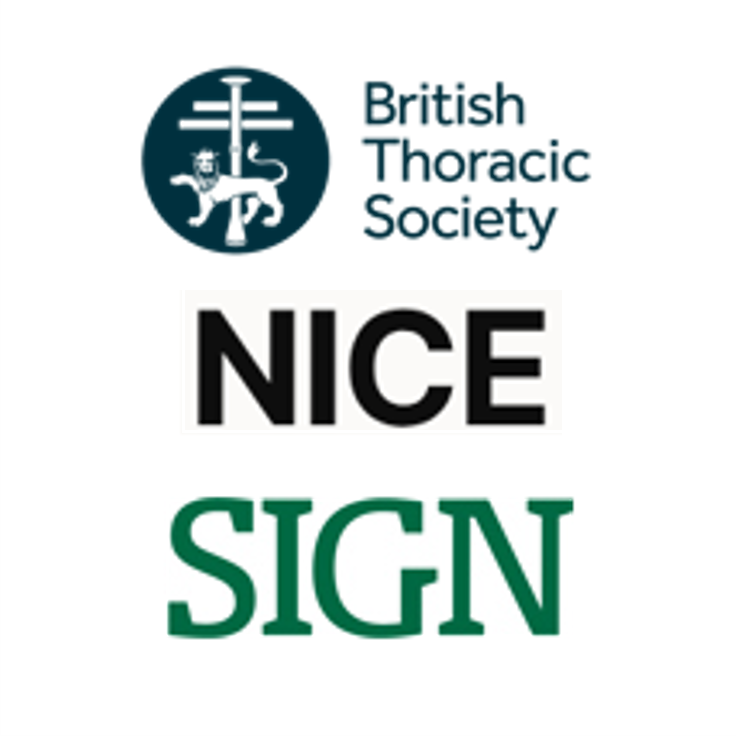Non-pharmacological management

This content is from the BTS/SIGN British guideline on the management of asthma (SIGN 158), 2019.
There is a common perception amongst patients and carers that there are numerous environmental, dietary and other triggers of asthma and that avoiding these triggers will improve asthma and reduce the requirement for pharmacotherapy. Failure to address a patient, parent or carer’s concern about environmental triggers may compromise concordance with recommended pharmacotherapy. Evidence that non-pharmacological management is effective can be difficult to obtain and more well-controlled intervention studies are required.
This section distinguishes prevention activities as follows:
- primary prevention – interventions introduced before the onset of disease and designed to reduce its incidence.
- secondary prevention – interventions introduced after the onset of disease to reduce its impact.
![]()
![]()